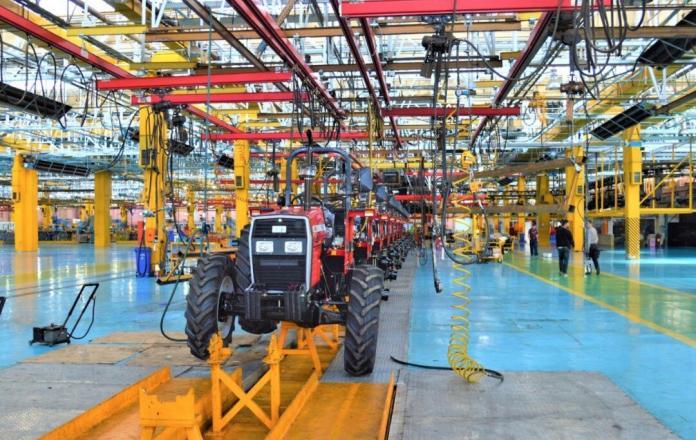Technology advancements are key determinants of what makes or breaks a company. There has been great improvement in manufacturing industries, which are all directly attributed to changes in technology. The recent shakeups in the economy as a result of the global COVID 19 pandemic have catalyzed both hopes and fear, but fortunately, new trends in the technology will help circumvent these worries.
Some of the main advancements which impact the manufacturing sector include the Internet of Things, which basically refers to how different object use the internet for communication, and artificial intelligence programs. These developments have greatly boosted efficiencies in the sector and have been well received by various players. Today, many manufacturing companies use robots in their production lines. Although this had sparked a lot of fears in regards to job redundancy, experts are of the opinion that many more doors will eventually open up, with human and robot interdependency been on the forefront. Here are some of the ways that technologies are fundamentally impacting manufacturing sectors.
Increased Visibility
The artificial intelligence has made it possible for production lines to achieve perfection in their products. The use of AI has made it easier for business to attain high efficiencies in the manufacturing business and reduction of errors on their products. Through the internet of things, machines are now able to talk to each other easily and respond to error very fast. When an error is spotted, one machine alerts other machines or even other employees on standby. This makes it possible for problems to be addressed in real-time.
Another advantage of these machines is that they can detect even the smallest errors which are hard to detect by human eyes. The improvement in the smart factory has lowered errors and manufacturing failures considerably.
Use of predictive maintenance
Companies usually incur huge losses in repairing or breakdown of their main equipment. To avoid these losses, manufacturing companies have resort to predictive maintenance technology. This adoption has helped reduce maintenance costs and unplanned outages by almost 20% and 50% respectively, as outlined in extensive research by McKinsey and Company.
The predictive maintenance programs work by monitoring various equipment using specific performance standards. By observation of data collection processes, manufacturers are able to better understand how systems operate and come up with a prediction of when they are likely to break down. This enables them to do servicing prior to machine failures hence saving them time, money, and resources. All these services can be rendered by an industrial equipment supplier or industrial manufacturing Adelaide on a need to need basis.
Technology and Supply Chain Management
In today’s competitive era, remaining relevant entails a lot of strategies. It includes delivering value and fair prices than your competitors. To avoid price wars, savvy manufacturers incorporate new technology that improves supply chain management. This technology benefits them by making the business operations run smoothly, improves business visibility, and enhancing control over the business stock. Additionally, operation costs are greatly reduced and customer satisfaction has been achieved. The use of laser cutting services has enabled companies to achieve high precision and sped up production of goods. The supply chain solution addresses the following challenges:
- Optimization in manufacturing
- Optimization in the business logistics
- Plans in sales and operations
- Network and stock optimization
It is without a doubt that the manufacturing industry will benefit greatly from the adoption of advanced manufacturing technology in their operation. Many have become more efficient, customized, and automated. Although most manufacturers are known to be slow in adopting new changes in technology, the digitization is increasingly becoming the norm, and competitive pressure will force them to change in their operations. Embracing technology is no longer an option, but mandatory for any business that wishes to remain competitive.








